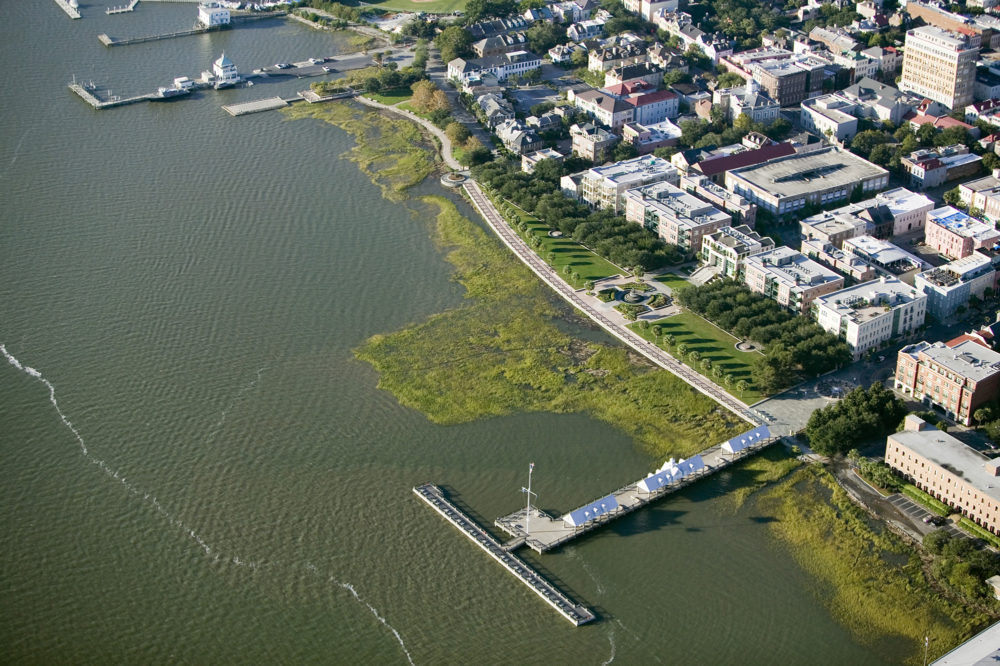
How Charleston Turned a Tourism Hub into a Business Powerhouse
Charleston Market Report – Just a few years ago, Charleston was widely known as a charming Southern destination famous for cobblestone streets, historic homes, and a booming hospitality industry. Tourism hub poured in by the millions, drawn by world-class cuisine, coastal beauty, and antebellum charm.
But in 2025, something remarkable has happened: Charleston has transformed from a tourism hub into a full-fledged business powerhouse. The question now is not “What brings people to Charleston?” but “Why are so many staying to build, invest, and grow?”
This shift didn’t happen overnight. It’s the result of calculated policy moves, demographic changes, and aggressive investment in infrastructure and innovation. Today, Charleston is one of the fastest-growing economic zones in the Southeast, attracting startups, real estate moguls, logistics giants, and tech talent at record speed.
Let’s unpack how this historical coastal gem reinvented itself and what it means for investors, entrepreneurs, and local residents.
Charleston’s transformation gained momentum during the remote work boom of the early 2020s. As professionals fled high-cost, high-stress urban hubs like New York and San Francisco, cities like Charleston offered a rare combination: affordable living, coastal quality of life, and decent connectivity.
Rather than just vacationing here, people started bringing their jobs with them. Startups launched from living rooms overlooking the harbor. Consultants traded boardrooms for beachside co-working spaces. And remote employees began to reshape the residential and commercial landscape.
But the real kicker? Many of them stayed and they brought capital, innovation, and hiring power.
Read More: This $10 Trillion AI Stock Could Change Everything—Here’s the Inside Scoop
Charleston didn’t just passively absorb new residents. City planners and business leaders saw the wave coming and acted fast.
Investments poured into high-speed internet expansion, modern business parks, green tech infrastructure, and smart zoning policies. The Charleston Digital Corridor initiative expanded, welcoming a new generation of tech companies and hybrid workspaces.
At the same time, the city made major moves in port logistics, supporting Charleston’s role as one of the busiest container ports on the East Coast. These upgrades brought major supply chain players to the region, unlocking jobs, distribution hubs, and long-term investments.
As of 2025, Charleston boasts some of the fastest-growing business clusters in fintech, healthcare tech, advanced manufacturing, and maritime logistics.
Perhaps the most surprising change? Charleston is now home to a thriving startup ecosystem.
Local venture firms like Charleston Ventures and Palmetto Growth Fund have gained national attention, fueling early-stage tech companies across the Southeast. Charleston’s low burn rate and supportive community make it a magnet for founders seeking alternatives to saturated markets.
Incubators and accelerators tied to the College of Charleston and The Citadel are bringing in young talent. Meanwhile, experienced entrepreneurs are choosing Charleston for their second or third ventures not only because of tax advantages, but for the quality of life that retains top talent.
It’s no longer just a great place to unplug it’s a place to build and scale.
Charleston’s real estate market has mirrored this shift in identity. What was once dominated by vacation rentals and historic homes is now seeing an influx of mixed-use developments, luxury office spaces, and long-term multifamily investments.
Commercial occupancy is on the rise, especially in areas like Upper King, North Charleston, and Daniel Island. Developers are racing to meet demand not just for homes, but for modern spaces that cater to hybrid work, collaborative startups, and growing regional offices.
Rental rates have increased, but so has the quality and diversity of inventory. Co-living spaces, tech campuses, and innovation parks are becoming the new normal.
Companies once hesitated to expand into Charleston due to concerns over skilled labor. That’s no longer the case.
Thanks to the influx of remote professionals and local upskilling programs, Charleston now boasts a young, highly educated, and mobile workforce. Professionals are choosing Charleston not just for career growth, but for a balanced lifestyle that includes art, food, nature, and a thriving cultural scene.
This has helped companies retain employees longer, attract new talent, and build teams that are loyal not just to the company, but to the city itself.
If you’re eyeing Charleston as a business or investment opportunity, there’s no better time than now.
The city is still affordable compared to major coastal metros. Demand is climbing. New industries are planting roots. And local government is more receptive than ever to innovation and outside capital.
Whether you’re a commercial real estate investor, a founder seeking an under-the-radar startup hub, or a professional looking to relocate and build something new, Charleston now offers both the charm and the scale to make it happen.
This isn’t a theoretical transformation. It’s already happening. Charleston has shifted from being a place you visit to a place where you build, invest, and lead.
The city’s unique mix of historic identity and future-focused development has created a business environment that’s both stable and dynamic. And while the rest of the country is just beginning to notice, insiders know that Charleston’s next economic chapter is already being written
This website uses cookies.